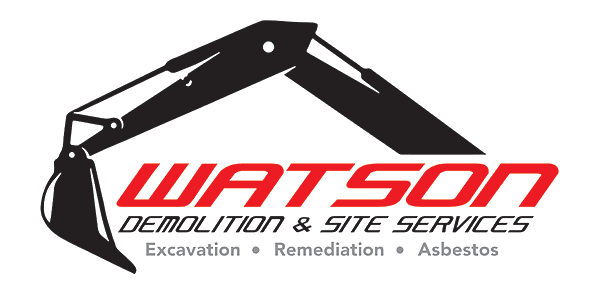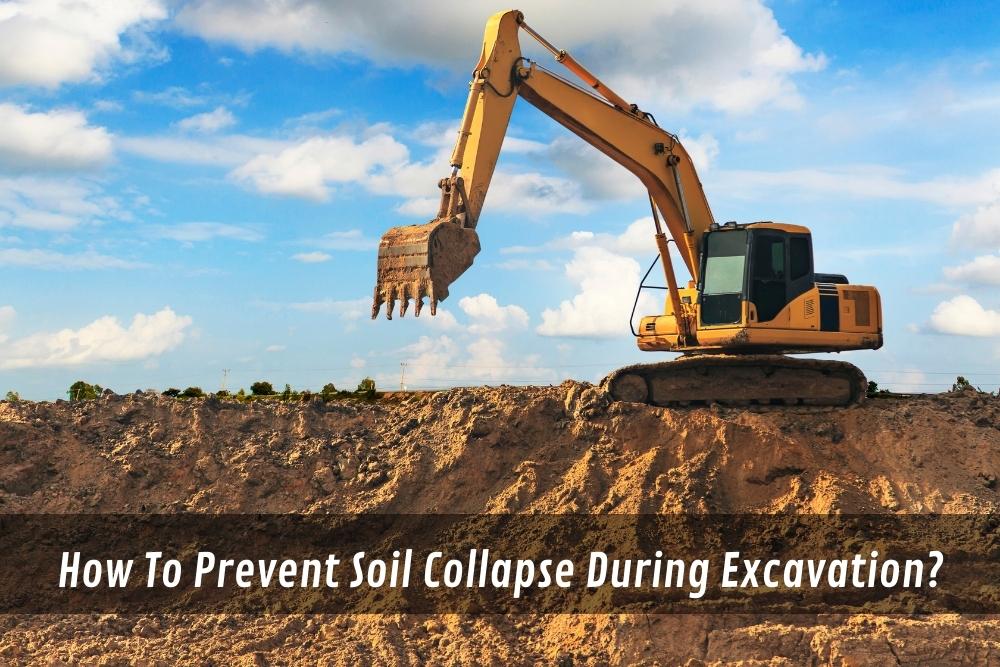Soil collapse during vacuum excavation can be a big problem. Have you ever wondered what causes it and how to prevent it? Excavation is a necessary aspect of construction, but it can be dangerous if proper safety measures aren’t followed.
Soil collapse can occur when the soil is disturbed and loses its stability. It can result in injury, damage to equipment, and project delays. You need to be aware of soil collapse prevention techniques in order to stay safe while working on the job site.
Preventing soil collapse during excavation is essential for safe and efficient progress. There are several preventative measures that can be taken to minimise the risk of soil collapse and ensure a successful excavation. In this article, we’ll discuss some of the key strategies to prevent soil collapse and keep your project on track.
What is Vacuum Excavation?
Vacuum excavation or hydro excavation is a special type of excavation technique that uses high-pressure water to break up soil or a vacuum suction system to remove it. This method is becoming increasingly popular due to its efficiency and safety benefits. It also minimises the amount of excavated material, reducing waste and saving time in the process.
What causes soil collapse during excavation?
Soil collapse during excavation can be caused by a variety of factors. Poorly compacted soil, changes in soil type, underground utility lines, and wet weather conditions can all lead to soil collapse. It’s important to understand the underlying causes of soil collapse to ensure proper preventative measures are taken.
What measures can be taken to ensure soil stability when performing vacuum excavation?
- Before beginning any excavation work, it’s important to review the code of practice for excavation. This includes creating a safe working environment, having a competent person on-site at all times, and making sure all workers are aware of potential hazards.
- When excavating, sloping and benching can be used to provide additional stability for the trench walls or holes. Sloping is when an angled wall is formed from the surface down into the hole. Benching is the process of creating steps or terraces in the side of the trench so that it stabilises more easily as you work further down. Additionally, a stable rock base can also be used to provide a more solid foundation.
- Utilities such as electric and gas lines should also be taken into consideration when performing excavation work. Vac trucks are equipped with special hoses that can identify the location of these utilities. So be sure to use them before excavation begins.
- Finally, a trench box or other protective system can be used to help prevent soil collapse. A trench box is a metal structure designed to line the sides of a trench and provide extra support and stability. When using a trench box, remember to place it securely in the ground. Also, make sure all walls are at an angle.
What are the benefits of preventing soil collapse?
The benefits of preventing soil collapse in vacuum excavation are numerous.
- The most important benefit is to protect workers and equipment. By taking the necessary preventative measures, you can greatly reduce the risk of injury or damage to your project. Additionally, preventive measures such as sloping and benching help ensure that the excavation site remains stable throughout the duration of the job.
- Another major benefit is time savings. By taking preventative measures, you can minimise potential delays due to unexpected collapses and get back to work faster. In addition, using protective systems such as trench boxes can reduce the amount of material that needs to be removed from a site- saving both time and money in the process.
- Finally, by understanding the underlying causes of soil collapse and taking the necessary preventative measures, you can reduce the potential for future collapses. This will help ensure a successful excavation project and minimise the risk of damage or injury in the future.
Conclusion
In summary, preventing soil collapse in vacuum excavation is an important part of keeping your site safe and ensuring a successful project. By understanding the underlying causes of soil collapse, utilising protective systems, and taking additional safety measures such as sloping and benching, you can greatly reduce the risk of injury or damage, save time and money, and ensure a successful excavation job. Additionally, underground services such as vacuum excavation services and hydro excavation can be used to identify and locate underground utilities, further reducing the risk of unexpected collapses.
Contact Watson Demolition & Site Services today for more information on vacuum excavation services and how we can help prevent soil collapse. Our team of experienced professionals is available to answer any questions you may have and help you get started on your next excavation project. We also offer a full range of underground services in Newcastle wide.



